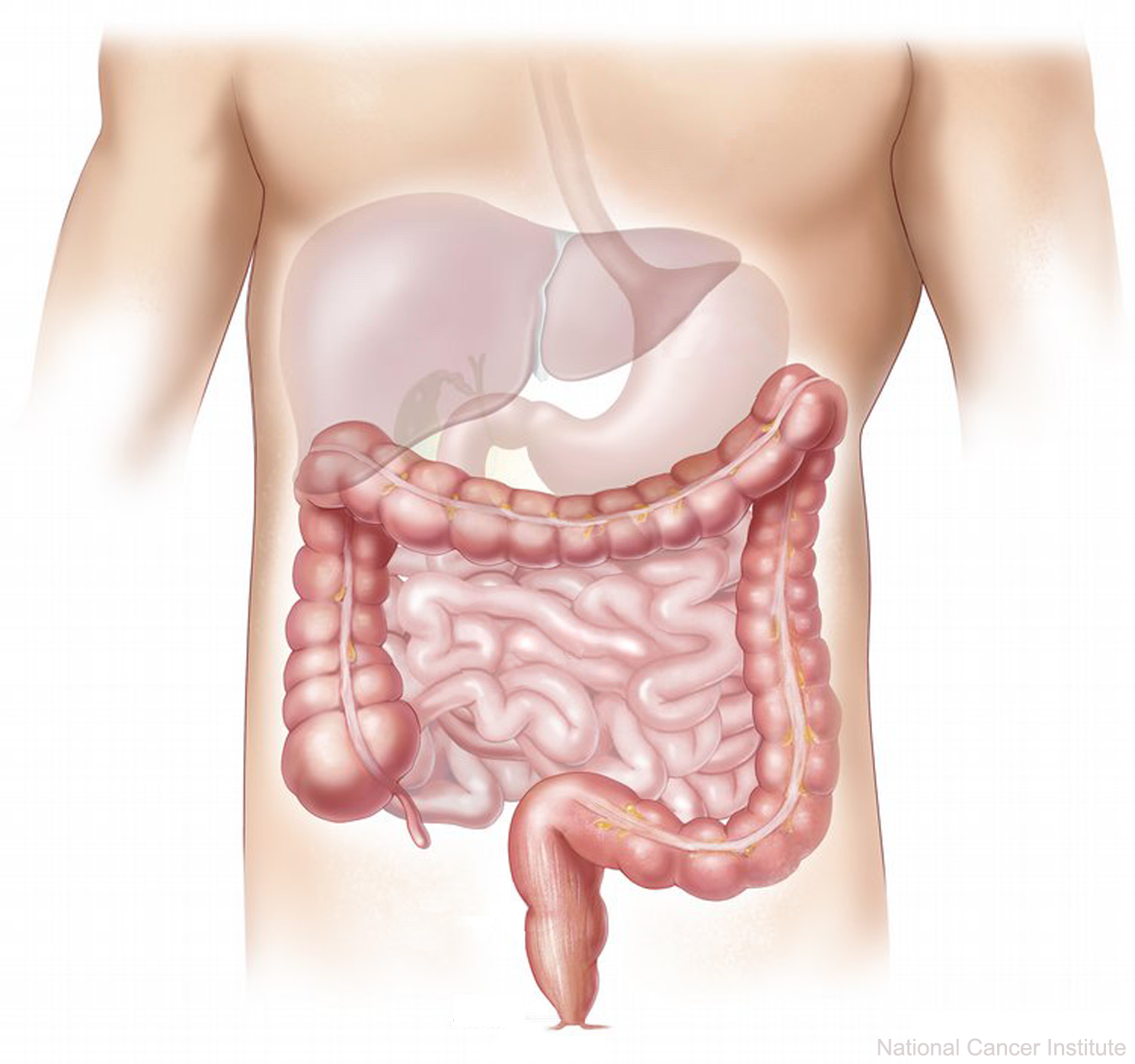
What is Irritable Bowel Syndrome?
Irritable Bowel Syndrome (IBS) is the most common gastro intestinal disorder in Australia, occurring in approximately 15% of the population. It occurs when the digestive system has trouble absorbing certain sugars such as fermentable oligosaccharides, disaccharides, monosaccharides and polyols.
Irritable Bowel Syndrome can cause:
Bloating
Wind
Abdominal pain
Altered bowel habits (including diarrhoea and constipation).
How is IBS diagnosed?
IBS may be diagnosed by your doctor, dietitian, gastroenterologist or by a Hydrogen Breath Test. It is important that Coeliac disease be excluded before diagnosing IBS.
How is IBS treated?
IBS is treated by following a strict low FODMAP diet for 3 months, then slowly reintroducing foods to challenge the body to see which sugars can be tolerated. A low FODMAP diet is a diet low in Fermentable Oligosaccarides, Disaccarides, Monosaccharides and Polyols.
Oligosaccarides
An oligosaccharide is a chain of sugars which contains between 3-10 molecules.
These include Fructo-oligosaccharides (short chains of fructose molecules including fructans and inulin) and Galacto-oligosaccharides (short chains of galactose molecules including galactans). Common examples include onion, nectarines and legumes.
Disaccharides
A disaccharide is a carbohydrate made up of two sugars joined together. The most problematic in IBS is lactose.
Lactose is a naturally occurring carbohydrate made up of a galactose molecule joined to a glucose molecule. Lactose is found in many dairy products. Your dietitian will teach you how to reduce your lactose intake whilst still meeting your calcium requirements.
Monosaccharides
A monosaccharide is a single sugar molecule. They usually have a sweet taste. The most problematic in IBS is fructose.
Fructose is a naturally occurring sugar found in fruit, vegetables and honey. Not every food that contains fructose is a problem for people with IBS. It depends on the amount of fructose in the food, the amount of other sugars in the food and the amount of food that you are eating. Your dietitian will teach how to minimise the fructose in your diet whilst still meeting all of your fruit and vegetable requirements.
Polyols
Polyols, also known as sugar alcohols, are a type of artificial sweetener. Avoid foods containing sorbitol (420), mannitol (421), isomalt (953) and xylitol (967). Sorbitol and mannitol also occurs naturally in some foods, so if your intolerance is severe, you may need to minimise your intake some of these foods too.
What you add in is as important as what you take out
When you have a food intolerance, your diet may feel very restricted – but there’s still lots of delicious and nutritious foods that you can enjoy! After determining which types of sugars you need to limit in your diet, your dietitian will work with you to help you learn which foods you can consume to ensure that your diet is nutritious and has plenty of variety.
